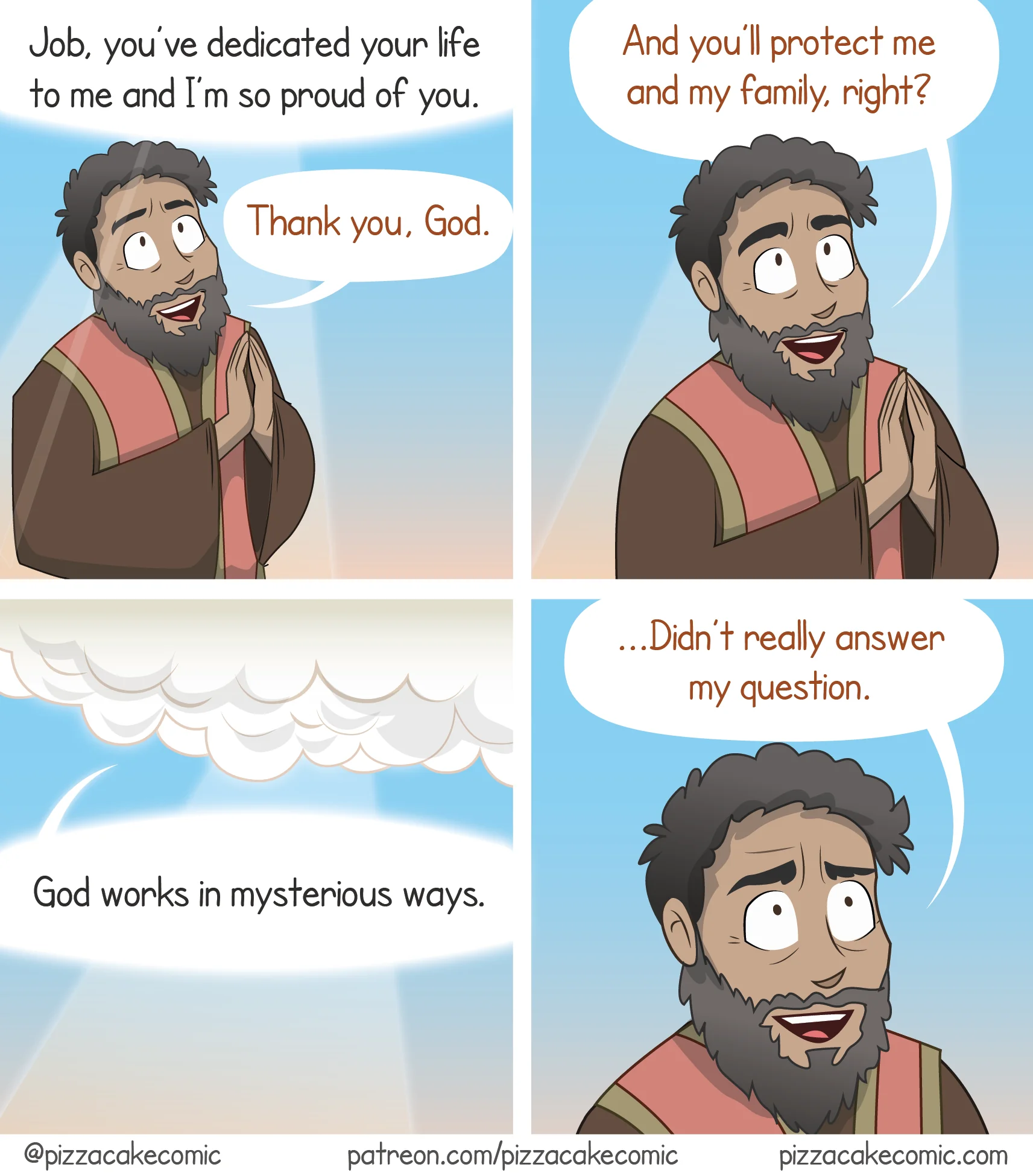this post was submitted on 01 Feb 2025
577 points (96.0% liked)
Comic Strips
13766 readers
3709 users here now
Comic Strips is a community for those who love comic stories.
The rules are simple:
- The post can be a single image, an image gallery, or a link to a specific comic hosted on another site (the author's website, for instance).
- The comic must be a complete story.
- If it is an external link, it must be to a specific story, not to the root of the site.
- You may post comics from others or your own.
- If you are posting a comic of your own, a maximum of one per week is allowed (I know, your comics are great, but this rule helps avoid spam).
- The comic can be in any language, but if it's not in English, OP must include an English translation in the post's 'body' field (note: you don't need to select a specific language when posting a comic).
- Politeness.
- Adult content is not allowed. This community aims to be fun for people of all ages.
Web of links
- [email protected]: "I use Arch btw"
- [email protected]: memes (you don't say!)
founded 2 years ago
MODERATORS
you are viewing a single comment's thread
view the rest of the comments
view the rest of the comments

Everyone seems to miss the whole point of the story of Job.
The point is that he is pious even at the worst of times. His faith in Yahweh isn't because his faith is rewarded, or that his life is good.
And that true faith overcomes and resists all temptation, even when times are at their hardest.
The story is however a great example of the objectification of women though, when his wife is replaced by a younger, hotter, one at the end.
that's one take.
Another: the point is that if god will treat the most pious this way, when he likes job, what will he do to the nonbeliever? better have faith or else.
Except he spends 20-something chapters arguing the opposite, basically saying that he wants to argue his case against God in court (which is what finally happens, beginning with the "Speech from the Whirlwind" in Chapter 32). The Book of Job has been seen as incredibly problematic -- not just from the view of "God as Cosmic Abuser," but also from the perspective of "how dare Job challenge God". The Elihu chapters (32-37) are clearly a later addition, created by some reader who was so offended by the lack of defense of God's position by Job's "friends" that he felt it necessary to add his own midrash in the middle of the book.
I personally do not believe that Job is generally interpreted the way that the original author intended; I think that a better way of understanding it is to see it as a kind of fairy tale -- one that visibly demonstrates that traditional understandings of God's righteousness ("Might defines right") are morally bankrupt. I fully acknowledge, though, that most do not see it that way.
uh thats the entire book bro
Hah, I meant the literary form, but I take your point. (I'd personally call it myth, but that's splitting hairs.)